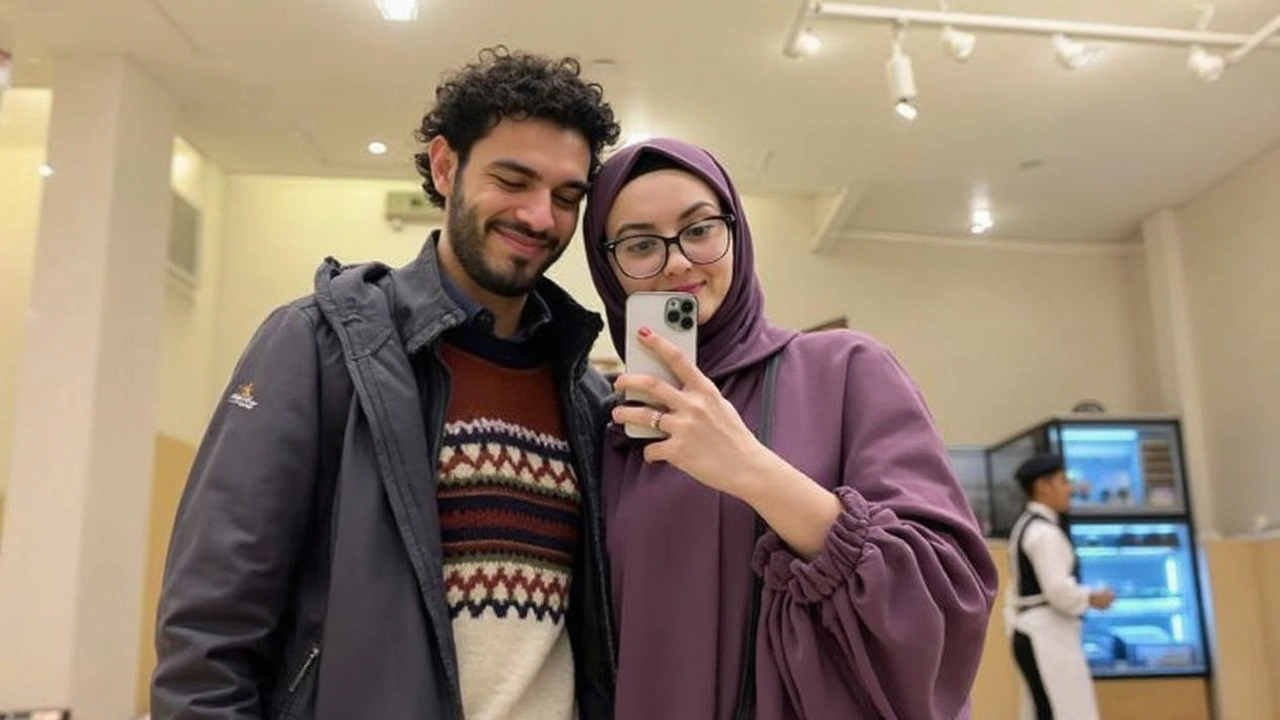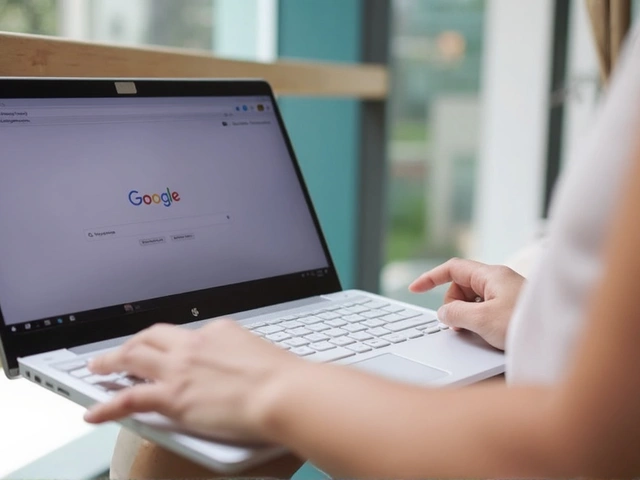UAE Family Visa: Detailed Guide to Costs, Salary Rules, and Application Steps
What It Really Takes to Sponsor Family in the UAE
Sponsoring your family in the UAE isn't just about filling out a form. You have to meet strict requirements, and the process isn’t exactly short or cheap—but for many expats, it’s an essential step. Right off the bat, there’s a minimum income threshold: AED 4,000 per month if you’re bringing your spouse or children, but if you want to sponsor your parents, that number jumps to AED 20,000. These rules apply whether you’re using Amer centres in Dubai, typing centers, or handling everything via official apps like ICP UAE or DubaiNow.
The documentation part can feel like a puzzle. All key family documents—think marriage and birth certificates—have to be formally legalized where they were issued, then authenticated once again by the UAE’s Ministry of Foreign Affairs. If you overlook this, expect delays and extra headaches.
The application kicks off with submitting your paperwork, including legalized family documents, passport copies, and your valid UAE residency visa. After that, anyone in your family who’s 18 or older will need a medical fitness test at an approved health center. Results usually come in a day or two, but sometimes there’s a short wait depending on the testing center’s load.

Costs, Timelines, and Important Details
Buckle up—costs can easily hit AED 2,500–4,500 per person. Here’s a closer look:
- Entry Permit: AED 550
- File Opening: AED 300
- Emirates ID (2 years): AED 385
- Medical Test: AED 500–700
- Health Insurance: AED 400–1,500 per year
You can’t skip health insurance. It’s mandatory, with prices changing based on the emirate and provider. For example, budget policies in Dubai might start around AED 600 a year, but coverage can stretch up to AED 1,500 and beyond. Shop around, or ask locals about what they’re actually paying on the ground.
After the medical test, you’re headed straight for the Emirates ID application—another box you can’t leave unchecked. Expect to pay a base fee of AED 370 for a two-year card, a must-have for anyone living in the country.
The final step is visa stamping, which essentially ties your family’s residency status to your own. The duration matches the validity of your own residency visa (which could be anywhere from two to 10 years depending on your employer or investment).
Fast movers will get everything done in about a week, but the typical window is 7–14 working days—for everything from entry permits and medicals to visa stamping. Any issue in document verification or insurance can easily add days or even weeks, so keep your paperwork tight.
It’s also worth noting, especially for women in Dubai, that there are extra conditions and exceptions for women wanting to sponsor their families—these usually depend on profession and a slightly higher salary bracket, and the rules keep evolving.
Throughout all this, you need to hold on to your valid UAE residency. If your own visa lapses or gets cancelled, family sponsorship hangs in the balance—no exceptions.
The UAE's approach is pretty clear: rules upfront, processes streamlined through both physical and digital channels, and costs you can’t ignore. Now, at least, you know what you’re signing up for, line by line.





